We must develop knowledge optimization initiatives to leverage our key learnings
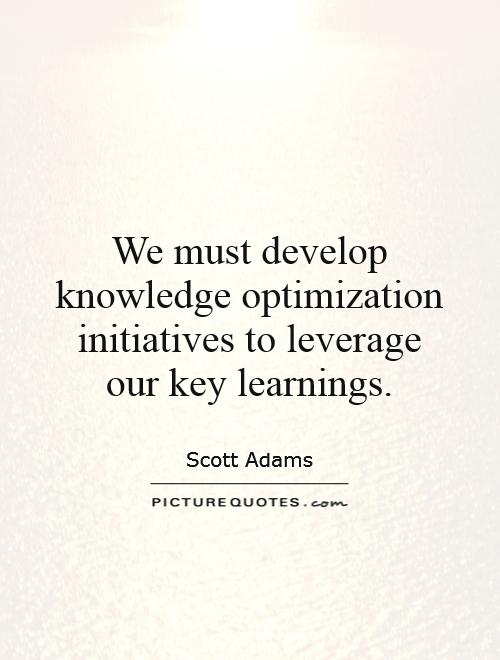
We must develop knowledge optimization initiatives to leverage our key learnings
Scott Adams, the creator of the popular comic strip Dilbert, is known for his witty and insightful commentary on the corporate world. In his work, Adams often satirizes the inefficiencies and absurdities of office life, highlighting the need for organizations to constantly evolve and improve in order to stay competitive.One of the key themes that Adams frequently explores is the importance of knowledge optimization initiatives in leveraging key learnings. In the world of Dilbert, characters like the bumbling Pointy-Haired Boss and the clueless Wally serve as cautionary tales of what can happen when organizations fail to effectively manage and utilize their knowledge resources.
Adams' portrayal of the workplace may be exaggerated for comedic effect, but it contains a kernel of truth that many organizations would do well to heed. In today's fast-paced and rapidly changing business environment, the ability to learn quickly and adapt to new information is more important than ever. Companies that fail to optimize their knowledge resources risk falling behind their competitors and missing out on valuable opportunities for growth and innovation.
So what exactly does it mean to develop knowledge optimization initiatives? At its core, this concept involves creating systems and processes that enable organizations to capture, analyze, and apply their key learnings in a strategic and systematic way. This could involve anything from implementing a knowledge management system to encourage information sharing and collaboration among employees, to conducting regular training sessions to ensure that staff are up-to-date on the latest industry trends and best practices.
By leveraging their key learnings in this way, organizations can gain a competitive edge by making more informed decisions, identifying new opportunities for growth, and responding more effectively to changes in the market. In the world of Dilbert, this might mean the difference between success and failure for characters like Dilbert himself, who often finds himself caught in the crossfire of office politics and bureaucratic red tape.


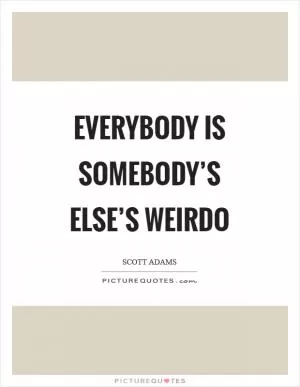




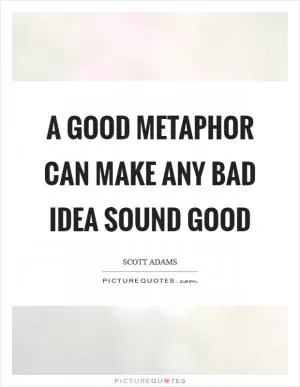

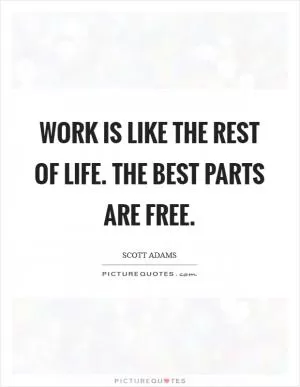

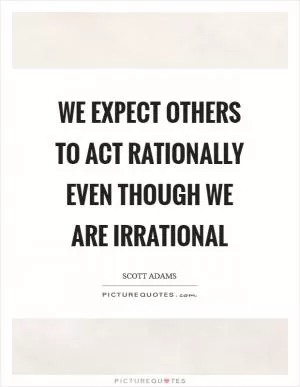
 Friendship Quotes
Friendship Quotes Love Quotes
Love Quotes Life Quotes
Life Quotes Funny Quotes
Funny Quotes Motivational Quotes
Motivational Quotes Inspirational Quotes
Inspirational Quotes